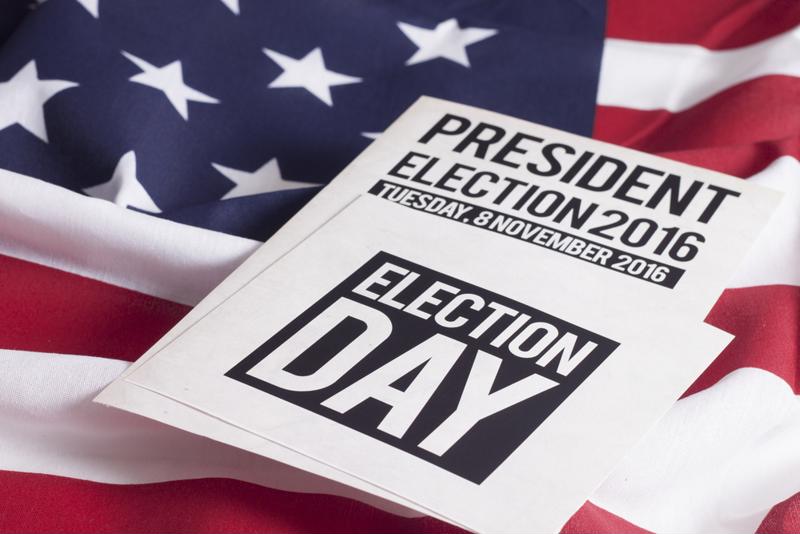President Barack Obama's Asian pivot may run into problems rooted in politics.
The two Republicans that helped Obama win fast-track authority approval – which gave him the power to take a leading role in negotiating the Trans Pacific Partnership (TPP) – have yet to publicly back the now-finished deal they helped give life to, placing the future of the president's legacy trade agreement in question once again. Speaker Paul Ryan (R-Wis.) and Senate Finance Committee Chairman Orrin Hatch (R-Utah) each helped the president win fast-track authority through a fight that pitted all three against members of their respective parties. Now the TPP is negotiated, and it is up to Congress to approve the deal. However, whether that happens is uncertain at this point.
"While I understand that parties have deemed the negotiations closed, the agreement cannot enter into force if Congress doesn't agree to it," said Hatch, according to the Hill. "At the end of the day, the U.S. Trade Representative's office (USTR) may need to go back to the negotiating table and try again."
In addition to Hatch's lack of support for the final agreement, Ryan – who was recently appointed Speaker of the House of Representatives – has yet to come out in support of the deal. The newly appointed speaker has an intra-party fight to deal with, and a substantial number of the conservative Republicans he leaned on for appointment are opposed to the TPP. However, renegotiating the deal with the other 11 countries involved could present a challenge that could prove quite difficult to surmount.
 The presidential election cycle has brought TPP doubt to the forefront.
The presidential election cycle has brought TPP doubt to the forefront. Presidential politics cast pall over TPP
All of this uncertainty over the Asian free trade deal is exacerbated by the ongoing U.S. presidential race. Hilary Clinton, oft-presumed the eventual Democratic nominee, was once in support of the deal but is now opposed to it, stating that she does not approve of what negotiators finally landed upon. Clinton is just one of many candidates who are opposed to, or are uneasy about, the TPP. Fellow Democratic candidate Sen. Bernie Sanders (D-Vt.) has also voiced his opposition to the Pacific Rim free trade agreement.
Similarly, numerous Republican candidates do not agree with the TPP. Donald Trump and Sen. Ted Cruz (R-Tex.) have each come out as opposed to the agreement. Trump has even indicated the deal offers China an opportunity to take advantage of member countries' involvement for its own economic gains. Former neurosurgeon and leading Republican candidate Ben Carson, meanwhile, has shown support for the deal, according to the Hill. Sen. Marco Rubio (R-Fla.) has not taken a stance on the agreement, though he, along with Ryan and Hatch, backed fast-track authority.
"Now, it is up to Congress to approve the deal."
Future of Pacific Rim trade in the hands of the House
Now, it is up to Congress to approve the deal, since it has been negotiated. The aforementioned fast-track authority prevents a filibuster, which means 51 votes are required to move the agreement through the Senate, the Hill explained. However, pushing the TPP through the House will be a challenge for supporters of the Pacific Rim trade deal. Much of what happens depends on how the presidential race proceeds. Whether the deal is simply approved, Congress bides its time for a lame-duck session or the TPP is sent back to negotiation all depends on who occupies the White House next November.
A legacy defining trade-deal for Obama hangs by a thread as his presidency comes to a close, and as it seemingly always has been, the future of the TPP remains uncertain.